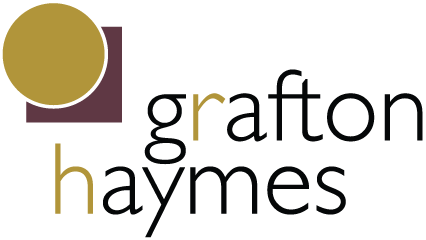It’s a competitive job market so how you position yourself is important especially if you have a gap in your CV. Even though many people may have gaps due to the recession and resulting redundancies, they, you and people currently employed will be applying for the same roles. Also, recruiters and companies will ask why there is a gap in your CV and what you were doing. So being prepared with a professional and positive response, which explains the reasons for the gap and how you are using your time off, is important. It reassures the interviewer. It’s also reassuring for you because it’s about your personal and professional brand, how you want to feel about yourself and be remembered by others.
What you say specifically when explaining the gap will depend on its nature, but
there are a few guidelines that apply to all.
Put yourself in the interviewer’s shoes by asking yourself:
- If my friend was in this position, how would I advise him/her?
- If I was recruiting someone who had a gap in the CV, what questions would I ask?
- What might the interviewer for this role be thinking when s/he sees the gap in my
CV? What may s/he want and need for this role?
List the questions you may get. If you voluntarily left your role, an interviewer may ask why you would take a risk in this market to look for something else. If you had been made redundant, s/he may ask if you were selected from a pool and if so, what criteria led to the redundancy. Start preparing your responses.
As they say, ‘honesty is the best policy’. If you took a year off by choice to travel because you have been working hard growing your career for the past ten years and it was the right time for a break, state that. You may have a gap for very personal reasons which you may not want to talk about when first meeting someone, especially in a job interview. Focus on other aspects of the gap which you feel comfortable talking about.
Aim for delivery of your explanation to be concise and professional. Practice delivering it with a smile. Don’t talk badly about previous employers; focus on the positive aspects of the role and company. Use positive language.
Explain what you did during your break using specific examples. Treat it as a competency based question – This was the Situation/Problem/Goal, the Action I took, this was the Result. State accomplishments and what you learned. Where applicable, link them to what is required of the role you are interviewing for.
If you have negative feelings associated with the gap because it was unexpected and/or unwelcomed (i.e. redundancy), reframing how you are viewing it can help so they don’t dominate your responses in an adverse way. Start by asking yourself what you are learning from the experience. Look for the positive however small it may be. It initially it may feel tough to do that when you are feeling negative, and it’s the first step to breaking the circularity of negative thinking.
Practice your responses. A recruiter can help, an outplacement consultancy if you have access to one, former colleagues, your local CIPD branch, family and friends.
You cannot unlearn your previous experience, but it can become outdated. Keeping your knowledge and skills fresh while you are not working and being able to articulate that assures recruiters and companies that you will be able to hit the ground running. It emphasises the ‘continuing’ in ‘continuing professional development’. It can be the differentiator in how you set yourself apart from people who have also been on a break and are now looking for a job.
Enjoy your break, make the most of it. Use it to relax, stand back and reflect. And consider what you can do during it to differentiate yourself when you venture back into the working world.
